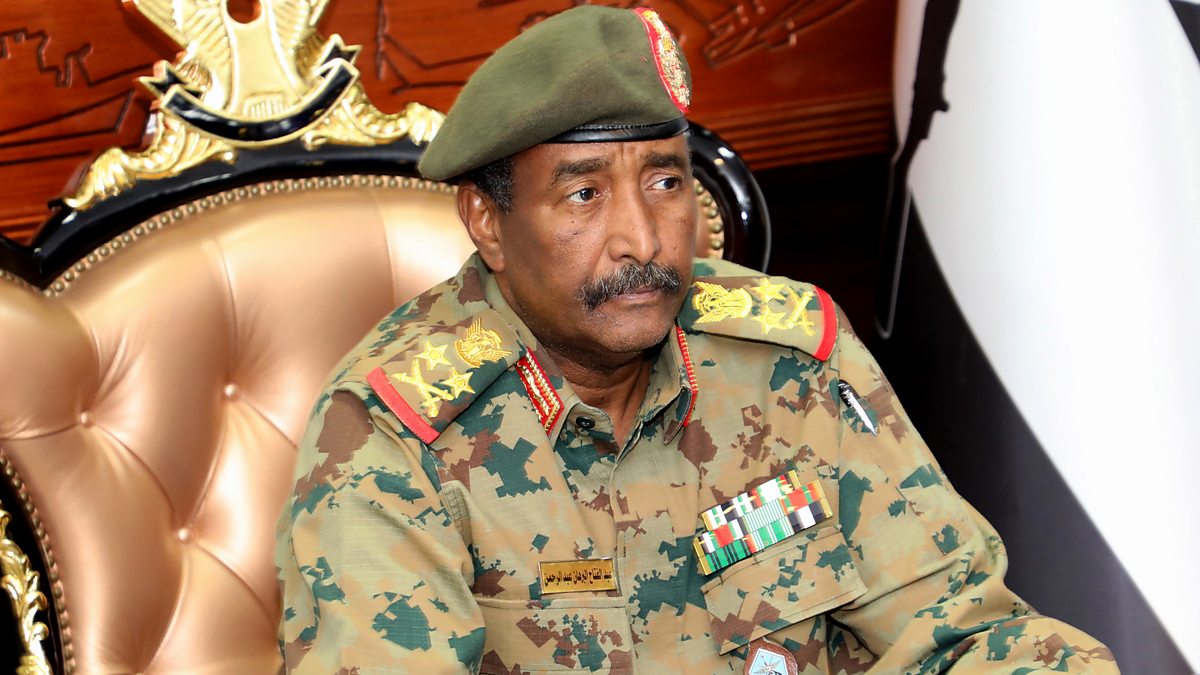
The United States has imposed sanctions on SAF chief Abdel Fattah al-Burhan in response to his role in the ongoing conflict that has killed tens of thousands of civilians and caused widespread devastation across Sudan.
The U.S. Treasury Department announced the measures on Thursday, citing Burhan’s involvement in continuing the brutal war that began in April 2023. Washington also accused Burhan’s Sudanese Armed Forces (SAF) of deploying chemical weapons during the conflict, alongside other war crimes, including indiscriminate bombing of civilian infrastructure, attacks on schools and hospitals, and extrajudicial killings.
The sanctions, which freeze Burhan’s assets in the U.S. and prohibit American individuals and entities from doing business with him, also target the supply of arms to the SAF. Additional sanctions were placed on a Sudanese-Ukrainian national and a Hong Kong-based company accused of supporting the military’s efforts.
The United States expressed concern over the growing humanitarian crisis, which has displaced millions of people and left half of Sudan’s population facing hunger. Despite ongoing efforts by the U.S. and Saudi Arabia to mediate peace talks, Burhan’s forces have rejected numerous offers, including a significant peace proposal in Geneva last August intended to improve humanitarian access.
The sanctions come on the heels of similar measures taken against Burhan’s rival, Mohamed Hamdan Dagalo, leader of the Rapid Support Forces (RSF). Both men were instrumental in the 2021 coup that ousted Sudan’s civilian government, and have since clashed over the future of their respective forces.
Burhan rejected the U.S. sanctions in a defiant statement, broadcast on Al Jazeera, in which he welcomed the punitive actions as a “badge of honor” in service to Sudan.
As fighting escalates, the SAF recently captured the strategic city of Wad Madani and vowed to retake Khartoum, which remains contested. Human rights groups have accused the SAF of conducting airstrikes and retaliatory attacks against civilians, with Wad Madani residents bearing the brunt of the violence.
U.S. Secretary of State Antony Blinken expressed frustration on Thursday, acknowledging the difficulty of ending the conflict despite efforts to increase humanitarian aid.
“While we’ve made some progress on humanitarian assistance, we’ve seen no end to the fighting or the suffering of the Sudanese people,” Blinken said. “This is a real regret.”
As the conflict continues, the international community remains focused on finding a path to peace in Sudan, though hopes for a resolution remain dim.
